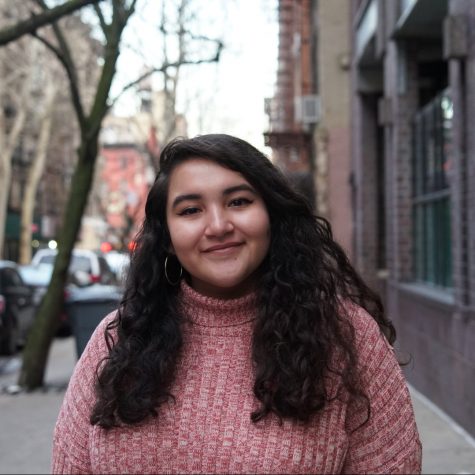Mental Health: What Buenos Aires Has That New York Needs
February 25, 2018
We are on the verge of a mental health crisis — at least, according to The Atlantic. The publication is just one of many, including Time magazine, that has explored the mental health state of American adolescents and young adults in recent years. Their findings often attributed the generation’s high rates of anxiety and depression to the rapid development of technology and consequential intense use of social media.
It is no doubt that mental health is becoming increasingly central in discussions about wellbeing, but it’s also undeniable that it is still a big problem. Among college students, feelings of depression, anxiety or insecurity are even more common, especially on large campuses, such as NYU. According to the American Psychological Association, “anxiety is the top presenting concern among college students (41.6 percent), followed by depression (36.4 percent) and relationship problems (35.8 percent).”
The conditions of students’ mental healths can easily worsen when studying abroad. Homesickness and culture shock often play a huge role in the initial adjustment period, imposing extra strain on students who already struggle with mental illnesses. At some abroad sites, it may seem impossible to continue or to find the right treatments due to limited healthcare coverage and different understandings of mental health. For this reason, students on medication are often advised to stock up for the duration of their stay abroad to avoid any issues. However, in Buenos Aires, this stigma is almost non-existent.
“Having a therapist here [in Argentina] is considered very normal,” a Steinhardt sophomore currently studying abroad in Buenos Aires who wished to remain anonymous said. “People who see therapists are perceived to be more intellectual and invested in their understanding of themselves, which I think is beautiful, because I feel the same way.”
The anonymous student has a history of issues with depression and anxiety, and considers the resources provided in NYU Buenos Aires much more beneficial than those at the NYU New York campus.
“In New York, the appointment limit per semester is stressful and intimidating,” the student said. “In my experience, the therapists that they recommend to students outside of NYU are often very expensive. I feel much better and supported here. I know a lot of that is only possible because of the small student population at NYUBA, but it is still so important.”
Although NYU’s mental health resources at the New York campus may be deemed more progressive than that of other universities, NYUBA’s are discussed far more openly. Argentina has more psychologists per capita than any other country in the world. Thus, NYUBA is able to provide students the same accessible mental health treatments available to locals. This includes the on-site psychologist who works with students’ schedules and is introduced as a prominent resource during orientation week.
While every NYU abroad location has an on-site psychologist, not all are guaranteed the same type of support-system as NYUBA. NYU’s study abroad website specifically states that the resources available vary from country to country and that students must be prepared to clarify the medications or counseling that they may need.
However, many students who study abroad have never experienced culture shock before and thus may not know what exactly they need in terms of mental health until after arriving at their abroad site.
“Because I live so close to New York, I’ve never been away from home for more than a month,” a CAS sophomore at NYUBA who also wished to remain anonymous said. “Coming here, the reality of how far I was going to be from my loved ones kind of hit me all at once. I’m really close to my family, and it’s been hard adjusting to not being able to call them every day or see them so often. Talking to a professional about it has helped ease a lot of that sadness and anxiety because I know now that it’s normal to feel this way.”
More often than not, we underestimate the demanding changes that come with studying abroad. We find ourselves having to face mental health issues that may not have been a problem back in New York. Mental illnesses affect students’ wellbeing and therefore their ability to learn. All the same, the NYU hotline that they provide us with at the beginning of freshman year is a resource still available abroad. We are also given local numbers to aid us in case of any emergency, whether it be physical or mental. But, as the demand for mental health resources on campus grows, perhaps an emphasis on mental health that resembles that of the resources in Argentina is needed at all NYU campuses.
Read more from Washington Square News’ Abroad feature.
Email Melanie Pineda at [email protected].




























































































































































